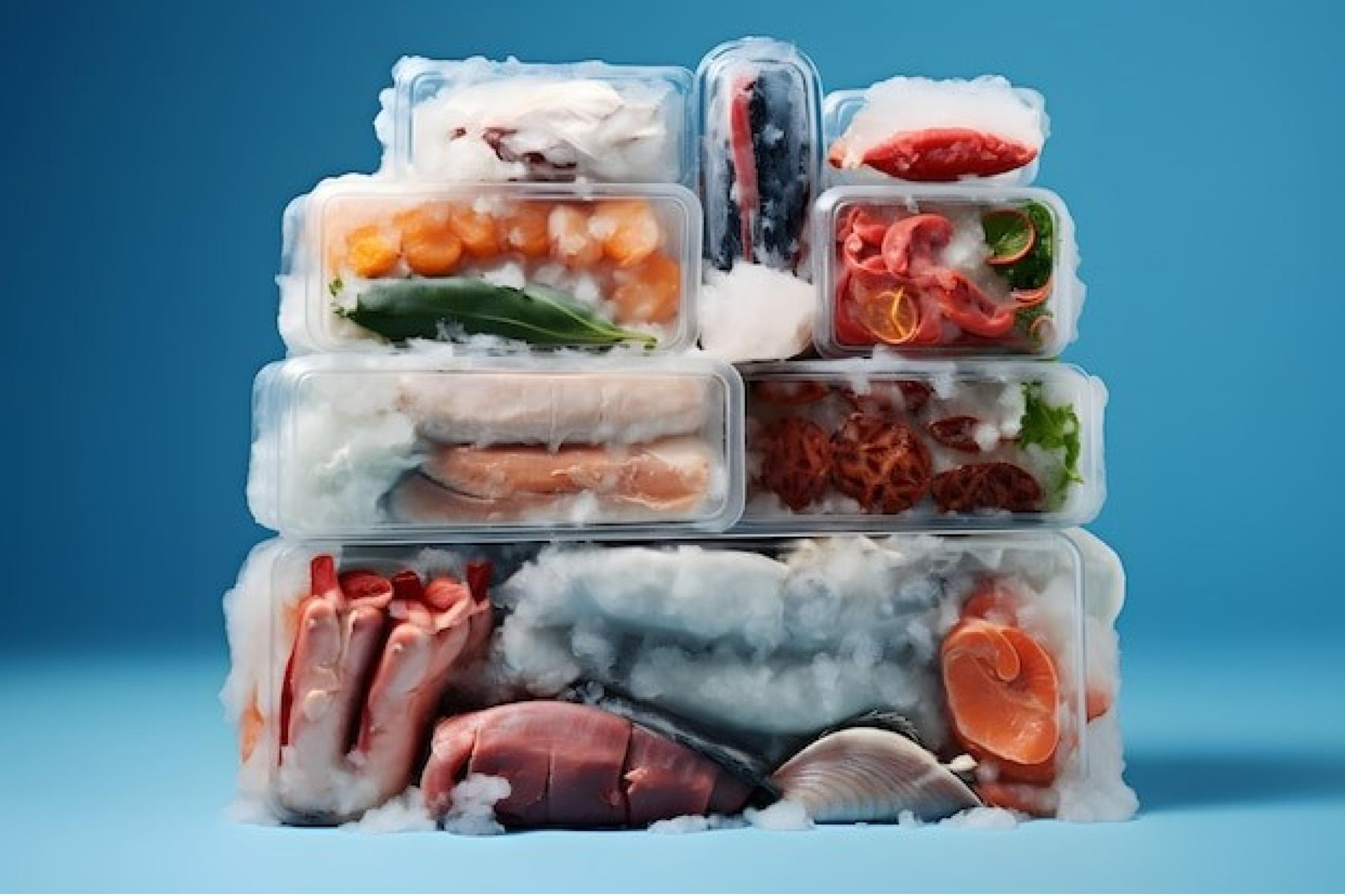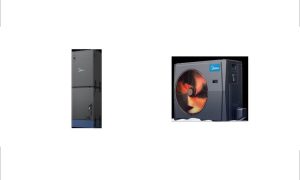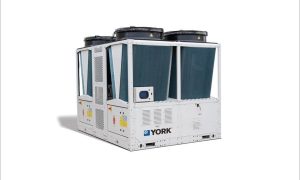The frozen storage market is experiencing a 9.1 percent CAGR due to consumer lifestyle changes, globalisation, and increased demand for frozen food. The market is predicted to reach $205.62 billion by 2028, with a CAGR of 8.8 percent.
The frozen storage business has risen significantly in recent years. It will increase from $134.65 billion in 2023 to $146.85 billion in 2024, with a compound annual growth rate of 9.1 percent. The historical expansion can be attributed to changes in consumer lifestyles and dietary preferences, the impact of globalisation on supply chain dynamics, the proliferation of quick-service and frozen food retailers, seasonal spikes in demand for frozen products, and the ongoing trend of increased urbanisation and convenience.
The frozen storage business is predicted to increase significantly over the next few years. It will reach $205.62 billion in 2028, with a cumulative annual growth rate (CAGR) of 8.8 percent. The expected growth in the coming period can be linked to the proliferation of e-commerce within the grocery and food delivery sectors, the surge in health and wellness trends, advancements in technology within cold chain logistics, the global expansion of food supply chains, and an increased emphasis on maintaining food safety and quality standards. Major anticipated trends during this forecasted period encompass the continued evolution of e-commerce and online grocery platforms, the globalisation of food supply chains, a focus on stringent health and safety standards, the demand for customisable and scalable solutions, and the ongoing impact of urbanisation, specifically in the realm of convenience foods.
Shortly, the frozen storage industry is expected to grow due to increased demand for perishable products. For example, in June 2021, the Australian Bureau of Statistics recorded a 3 percent rise in sales of perishable items. The revenue from perishable items was 7.4 percent in January 2020, but it increased to 9 percent in 2021. As a result, the increased demand for perishable products is a major driver of the frozen storage market’s expansion.
E-commerce and frozen storage market growth
The expanding e-commerce sector is poised to contribute to the future growth of the frozen storage market. In September 2022, the International Trade Administration noted that consumer e-commerce constituted 30 percent of the UK’s overall retail sector, with annual e-commerce revenue exceeding $120 billion. Additionally, in July 2022, the Chartered Professional Accountants of Canada predicted growth in the Canadian grocery industry post-pandemic, with 22.2 percent of Canadians planning to buy online regularly. The trend of ordering online for curbside or in-store pickup is also gaining momentum. Hence, the flourishing e-commerce sector is a driving force behind the growth of the frozen storage market.
Technological innovation has become an important trend in the frozen storage industry, with leading organisations adopting new technologies to maintain their market positions. For instance, in October 2021, Quantum Corporation, a technology and service provider based in the United States, introduced ActiveScale Cold Storage, a revolutionary cold storage solution. ActiveScale technology combines modern object storage software with hyper-scale tape technology, providing a cost-effective and secure storage solution and long-lasting storage for cold data. Two-dimensional erasure coding (2D EC) software encrypts data across tapes, tape drives, libraries, and geographically dispersed data centres, resulting in industry-leading data access performance, durability, and storage efficiency.
Frozen Storage Market Investments
RealCold, a New Zealand-based cold chain solutions company, plans to build two state-of-the-art cold storage facilities in the Southern United States. The first facility in Lakeland, Florida, will span 376,000 square feet and have 43,000 pallet locations. The second facility, in Lockhart, Texas, will house over 36,000 pallets. These facilities are part of RealCold’s national cold chain platform launch, aiming to address underserved demand in the industry and align with the company’s strategic objectives based on the shift towards online and grocery delivery.
In November 2021, Lineage Logistics Holdings LLC, a US-based logistics company, completed the acquisition of the cold storage division of Claus Sorensen Group for an undisclosed amount. This strategic move aims to expand Lineage Logistics Holdings LLC’s presence in the Nordic region, solidifying its position as a global leader in temperature-controlled logistics. The acquisition also aligns with the company’s sustainability goals by offering more efficient and sustainable cold storage solutions. Claus Sorensen is a Denmark-based operator of cold and freezer storage facilities.
Market Coverage
In 2023, North America dominated the frozen storage market, with countries like Australia, Brazil, China, France, Germany, India, Indonesia, Japan, Russia, South Korea, the United Kingdom, the United States, Canada, Italy, and Spain also participating in the study. The market spans Asia-Pacific, Western Europe, Eastern Europe, South America, the Middle East, and Africa.
For more information about this report visit; https://www.researchandmarkets.com/r/glkk5y
Source: Research and Markets
Cookie Consent
We use cookies to personalize your experience. By continuing to visit this website you agree to our Terms & Conditions, Privacy Policy and Cookie Policy.












